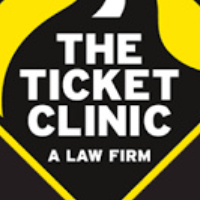Rocky Point Felony Lawyer, Florida
Sponsored Law Firm
-
 x
x

Click For More Info:
-
Law Office of Mark S. Guralnick
55 Madison Avenue 4th Floor Morristown, NJ 07960» view mapCriminal Defense Law Dedicated. Fearless. Successful.
Mark S. Guralnick and his legal team have helped clients throughout the USA and across the world by applying unparalleled dedication and hard work to each case.
800-399-8371
Paul DeCailly
DUI-DWI, Felony, Misdemeanor, Consumer Bankruptcy
Status: In Good Standing Licensed: 24 Years
FREE CONSULTATION
CONTACTLaura R. Mauldin
Real Estate, Lawsuit & Dispute, Felony, Trade Associations
Status: In Good Standing Licensed: 12 Years
Christopher Paul Jayson
Federal Trial Practice, Employment, Felony, Bankruptcy & Debt
Status: In Good Standing Licensed: 39 Years
Jeff Roger Quisenberry
Misdemeanor, Felony, Criminal, Banking & Finance, DUI-DWI
Status: In Good Standing Licensed: 36 Years
Brett Metcalf
Criminal, Felony, DUI-DWI
 Mark Guralnick Morristown, NJ
Mark Guralnick Morristown, NJ AboutLaw Office of Mark S. Guralnick
AboutLaw Office of Mark S. Guralnick Practice AreasExpertise
Practice AreasExpertise

